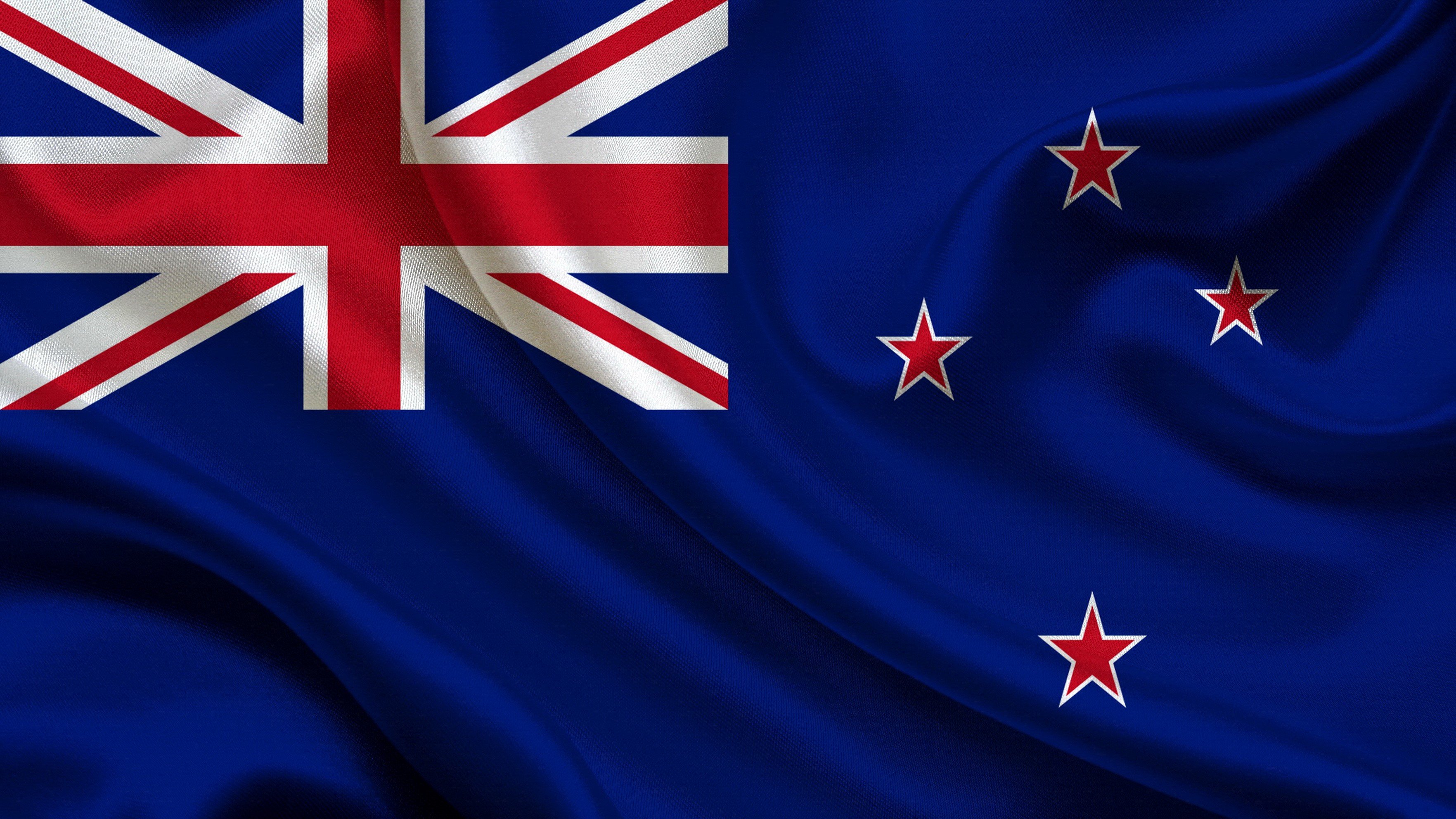

New Zealand scientists have called on the global community to take up a more unified approach to combating the threats of invasive alien species worldwide, as a comprehensive international report was released on Tuesday.
The Assessment Report on Invasive Alien Species and their Control, released by the Intergovernmental Platform on Biodiversity and Ecosystem Services (IPBES) on biodiversity loss, was a watershed moment in the global understanding of biosecurity and biological invasions, said Philip Hulme of Lincoln University.
The overwhelming evidence of major economic, social, and environmental impacts on human, animal, plant, and ecosystem health is a wake-up call to the global community to take up a more unified approach to combating these threats worldwide, Hulme said.
Bruce Clarkson, a restoration ecologist from the University of Waikato, said invasive alien species were resulted from a global transportation and economic trade model overlain by global climate change.
Biological invasions cost the global community an estimated 423 billion U.S. dollars in 2019, and those costs have quadrupled every decade since 1970, according to the report.
Amanda Black, Director Bioprotection Aotearoa, mentioned New Zealand’s pest mammals such as deer, goats are stripping the understory of the forests and leading to massive soil erosion as observed with devastating events following Cyclone Gabrielle earlier this year.
Invasive insects like wasps have caused severe economic and environmental damage, with costs to manage exceeding 150 million NZ dollars (88.19 million U.S. dollars) per year and growing, Black said.
Governments worldwide have agreed as part of the Kunming-Montreal Global Biodiversity Framework to reduce the introduction and establishment of priority invasive species by 50 percent by 2030.